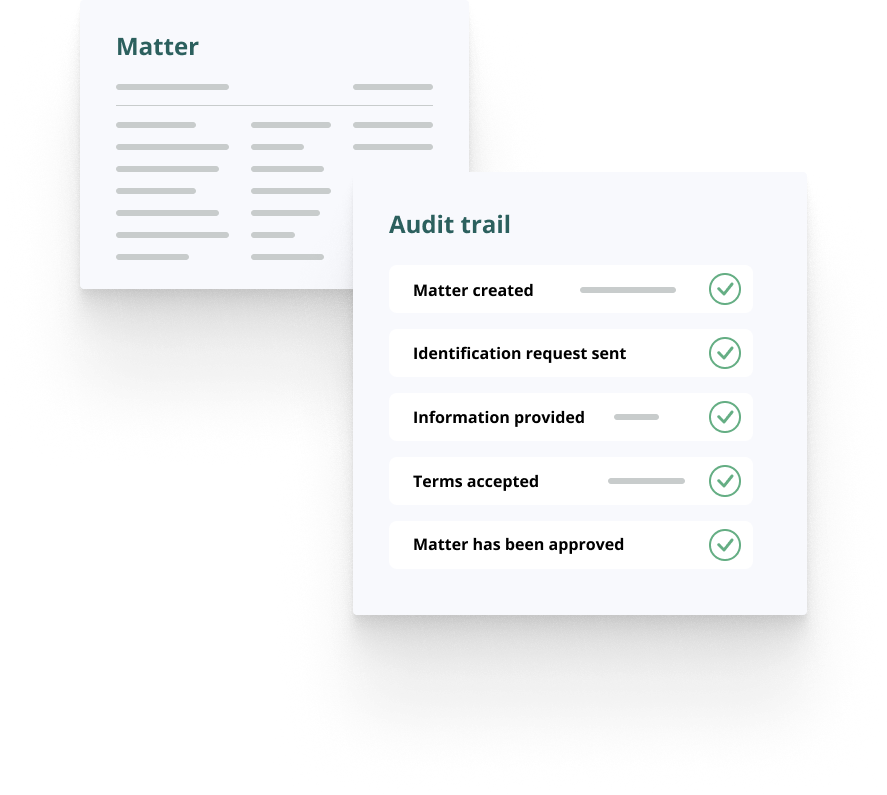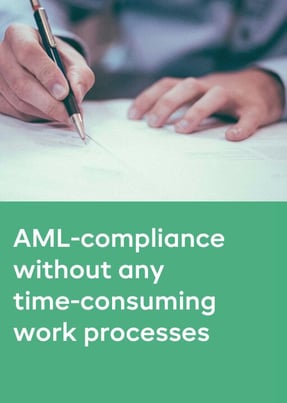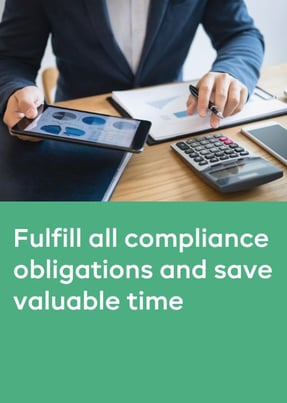- Products
- RegLab for ...
- Knowledge centre
Download the AML glossary >
 Discover the essential AML compliance terminology and gain instant access to a comprehensive guide
Discover the essential AML compliance terminology and gain instant access to a comprehensive guide - The company
Working at RegLab >
There may not be any vacancies that perfectly match your profile, but that does not mean there is no room for someone who can improve RegLab.
- Book a demo
A dashboard for up-to-date insight into the AML status of your files.
Dashboards give you clarity. You have real-time insight into the status of your AML files and know exactly which actions are still open and for whom.
Why dashboards?
Dashboards give you clarity. You have real-time insight into the status of your AML files and know exactly what actions are still open and for whom. It provides a useful priority list for the lawyer and secretariat as well as the compliance officer and management.
The availability of two types of dashboards offer you a general but also personal overview. A general dashboard provides insight into the firm's entire workload. This dashboard provides convenience for the compliance officer by generating an office-wide overview. The personal overview displays your AML files with corresponding actions.
If you click on the file overview, you will see, with the appropriate permissions, what is still open office-wide. These include, for example, the identification links to be sent out to clients. You also see which links have been completed and need to be reviewed. Or just which links have expired and need to be followed up.
In the dashboards, you can easily resend links that have expired. Or you can set an automatic reminder for clients. If a client's identification link is incomplete, you can take action immediately. This is because you can see which information is available and which is not.
From the overview, you can quickly send notifications to the colleagues concerned. The person who needs to take action on the file is notified immediately and sees the relevant file in his or her dashboard. These notifications are then automatically included in an audit trail.
Dashboards: an ideal route
It is very practical for lawyers, secretaries and compliance officers to be able to see immediately what actions are needed. In many firms, AML work is spread out. The secretary sends out the identification link and monitors its deadline. Both a lawyer and compliance officer can receive a notification from the secretary that the information is in and can be reviewed. These notifications can be displayed within RegLab, but you can also receive them by email. This allows each firm to set up the route as it wishes.
Why is a dashboard essential?
Particularly for firms dealing with many AML files, it is of added value to have insight into the status of both individual files and firm-wide files in one central place at any time. Then, from the dashboard, you can click on the file page and then again select filters. For example, you can select to show only the files that have been approved - or are pending. If many files are pending, this means that the service cannot yet be started on many files. You want to make the period from sending out the identification link to the assessment as short as possible. Dashboards help with this.
With the CSV export button, you create a CSV file of all dossiers and underlying data, where you can filter in detail and make analyses at personal, team and office level. Think of selection on file status, risk profiles, type of investigations, countries, files to which a UBO is linked, etc.

CSV file
Want to know how to run your own CSV file from RegLab and what exactly you can do with it?
Are dashboards also useful during a supervisor's audit?
The RegLab dashboards were initially developed for the firm itself to understand its workload and risks. A supervisor will not go through a complete CSV file, but the dashboard can provide quick insight into the firm's overall AML readiness. For a supervisor, it is ultimately more interesting to discuss a number of files substantively. Finally, dashboards and thus a good overview ensure that AML is taken seriously. This prevents hassles and possible fines.

Collaborating with other firms
Firms regularly forward work to each other. Big question in relation to AML is: if you receive an assignment through another firm, who is the actual client?





